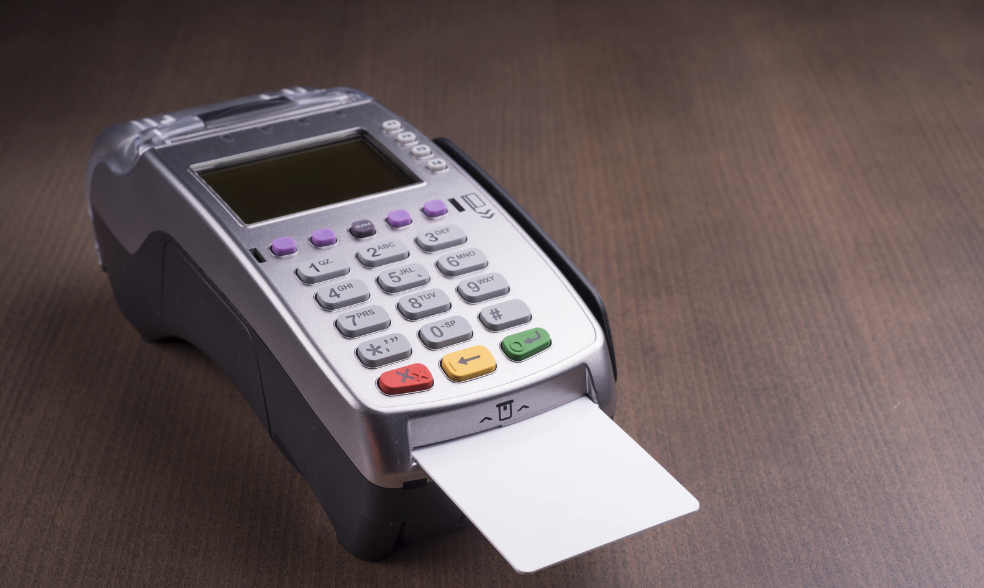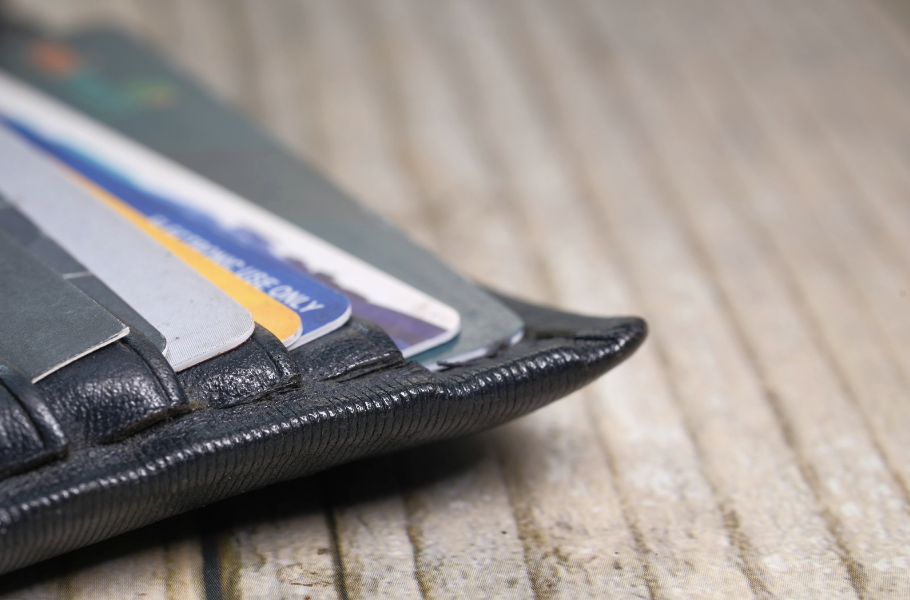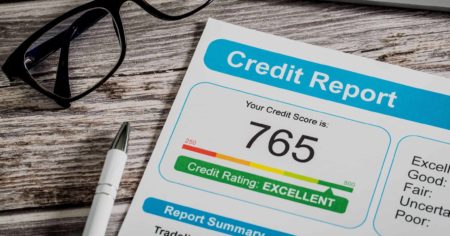Currently, there are dozens of valid reasons for closing one or more credit cards. Nevertheless, is it really a good idea? Will it affect your credit rating? In the next few lines, Milesopedia will share with you everything you need to know about the subject.
Understanding Your Credit Score Calculation: The Basics
First, remember that a credit score is a numerical picture of your current financial situation. The credit bureaus compile various information such as credit history and defaults to determine it on a scale of 300 to 900.
And how is this credit rating calculated? By reading the credit bureau’s advice articles, one can quickly deduce the main criteria of this calculation, as well as their importance:
Punctuality (35%)
This is the number 1 element in calculating your credit score. Are you paying off your balances to the minimum required each month? Do you do this before you receive your monthly statement? These actions are essential to optimize your rating.
Usage (30%)
Regardless of the line of credit (mortgage, line of credit, credit card, etc.), your utilization ratio should always remain below 30%. This ratio represents the amount of credit used, divided by the total credit available. So, if you use $2000 each month, on a total credit of $10,000, your ratio is 20%.
Historical (15%)
It is always recommended to keep a line of credit as long as possible. The movements at this level are all raised by the credit bureaus, which can interpret them as they wish (lack of funds, instability, etc.).
Credit applications (10%)
Every new credit application impacts your credit rating. Nevertheless, lost points are usually compensated within a few weeks. But, be careful: the ratio as well as the punctuality are important for the whole to balance.
Types of credit (10%)
Are you paying off your various sources of credit (personal loan, credit cards, line of credit, etc.)? If so, credit raters see this as proof of your reliability, and 10% of your credit rating benefits.
The impact of cancelling a credit card
As you’ll have understood, closing a credit card necessarily has an impact on your credit file, but not as great as you might think. Principles do exist. That’s why it’s crucial to weigh the pros and cons carefully before proceeding. Precisely, these two elements are affected:
1 - A gap in your credit history
Your credit history is a proof of your credit background. It is therefore valuable to you, since it shows your payment frequency, your credit ratio and other decisive elements of your credit use.
When you close a credit card, you decide to delete this valuable history. Even if it permanently disappears from your file 10 years after closing, it could be harmful in the long run.
Let’s take the following example:
You have two credit cards. One is 10 years old and the other is 3 years old. After careful consideration, two cards are too much for you and you decide to cancel the older one. In 10 years, the credit card you’ve kept will only be 13 years old. If you had kept the other one, she would be 20 years old. And that’s not to mention that at that point, the history would be permanently removed from your credit file.
Although both terms (13 years and 20 years) are excellent, a 20-year history is always more advantageous!
2 - Increasing your utilization ratio
Too often, closing one credit card leads to an increase in the credit ratio on another card. For example, if you use 20% credit on the card you just cancelled, will that percentage be transferred to your card where the ratio is 25%?
In this case, you end up with a ratio amounting to 45%, which is 15% higher than the recommended ratio. And, as we saw above, the use of your account card is important in the calculation of your credit score (30%).
The right steps to take
Is it possible to cancel a credit card without important consequences? Yes While this will systematically create some shockwave in your credit picture, there are steps that can be taken to mitigate its effects, such as:
Make this choice for you, not for your credit rating
If having multiple credit cards affects your debt load, it’s crucial to address it. That in itself is more important to you than your credit rating.
Pay the balance
Is there a balance remaining on the card you wish to cancel? It should always be paid in full, even before any closing process. If you don’t, the credit bureau may consider it a major default and change your credit rating accordingly.
Apply for a new card
Depending on the reasons for closing a credit card, it is a good idea to apply for a new card or request a limit increase on another card. This provides you with the same or similar credit limit as the original limit. Then, this allows your credit rating to be less affected for closing.

The right choices for your needs
Cancelling a credit card is a process that requires careful consideration. Always ask yourself whether this activity is essential for good financial management.
Suppose you have any further questions about credit cards. In that case, we recommend that you consult our Frequently Asked Questions page on Credit Cards and Rewards Programs or our Personal Financial Management in Canada page.







